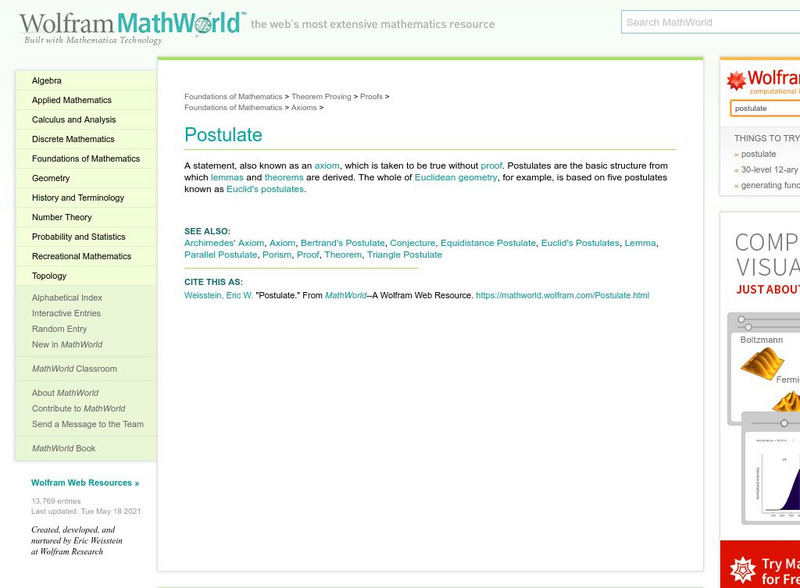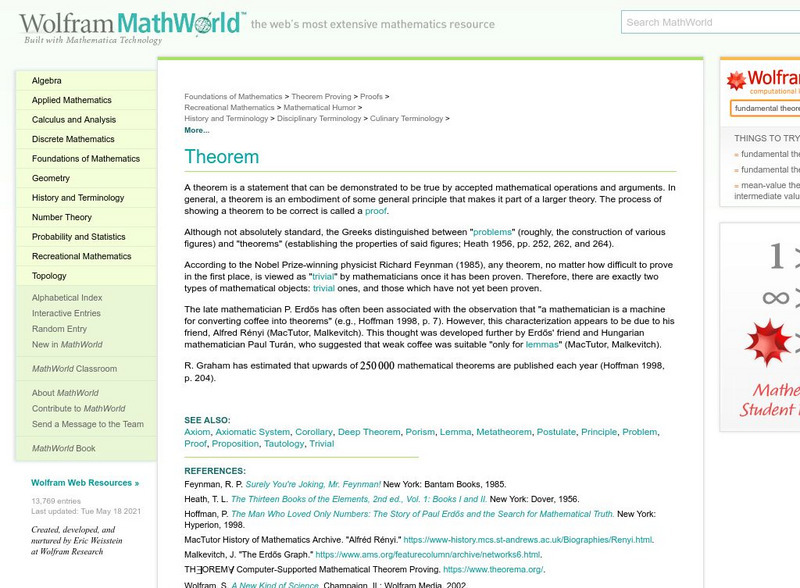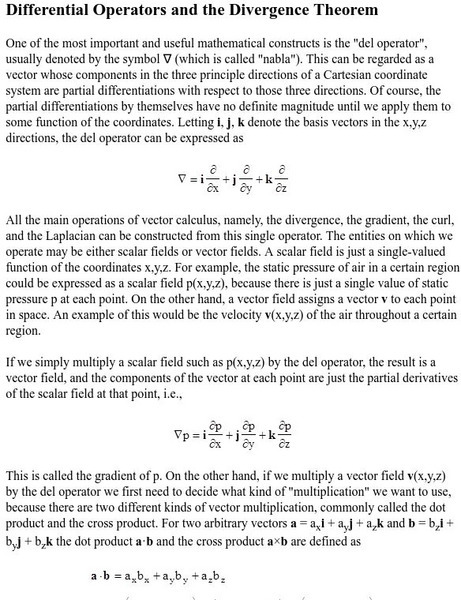CK-12 Foundation
Ck 12: Interactive Geometry: 6.6 Theorems Involving Similarity
Learn the many theorems about triangles that you can prove using similar triangles.
CK-12 Foundation
Ck 12: Interactive Geometry: 4.3 Applications of Line and Angle Theorems
Learn the four categories of theorems that have to do with lines and angles.
CK-12 Foundation
Ck 12: Interactive Geometry: 4.2 Theorems About Lines and Angles
Consider two parallel lines that are intersected by a transversal, and when it crosses the two others, many different angle pairs are formed. See the special properties of the angle pairs in this interactive.
CK-12 Foundation
Ck 12: Interactive Geometry: 4.4 Theorems About Triangles
Discover some theorems about triangles.
CK-12 Foundation
Ck 12: Interactive Geometry: 4.1 Theorems and Proofs
Understand theorems and proofs as they relate to geometry.
Sophia Learning
Sophia: Corresponding Parts: Lesson 5
This lesson will define the phrase corresponding parts (e.g. angles, sides, etc.). It is 5 of 5 in the series titled "Corresponding Parts."
Wolfram Research
Wolfram Math World: Postulate
This MathWorld site defines postulates, and explains how and where they are used in mathematics. The site has numerous links to related terms.
Wolfram Research
Wolfram Mathworld: Theorem
This simple MathWorld site defines theorems and briefly explains how a theorem is produced.
Other
Math Pages: Differential Operators and the Divergence Theorem
This site discusses the divergence theorem and gives many examples of its use.
Wolfram Research
Wolfram Math World: Two Column Proof
MathWorld gives a discussion of the use of two-column proofs by high school and middle school students and its relevance to mathematicians.







